Organizations
The following are organizations and institutions that support the advancement and training of minorities in the mathematical sciences. In each description, we highlight policies, programs, committees, and other ways in which they do this. If you are interested in having your organization represented here, please send the name of your organization as well as a description to [email protected].
The Coalition for the Amplification of Historically Underrepresented Mathematicians
The Coalition for the Amplification of Historically Underrepresented Mathematicians (CAHEM) is a Coalition of four groups committed to supporting and and amplifying the voices and contributions of historically excluded mathematicians. These groups include Lathisms, Mathematically Gifted and Black, Meet a Mathematician, and the Center for Minorities in the Mathematical Sciences.

Latinxs and Hispanics in the Mathematical Sciences (Lathisms)
Lathisms is an organization created to increase the visibility of Latinx and Hispanic mathematicians. Each day during Hispanic Heritage Month, Lathisms features a prominent Latinx/Hispanic member of the mathematical community, providing a biography and information on research, teaching, and service contributions. Furthermore, Lathisms runs a podcast where honorees share their journey in mathematics.
Mathematically Gifted and Black (MGB)
Mathematically Gifted and Black is a website created to highlight the contributions and lives of Black mathematicians. Each day during Black History Month, MGB spotlights Black mathematicians and shares their journey in mathematics, including how they discovered mathematics, their proudest accomplishments in their mathematical and personal lives, as well as words of wisdom/inspiration.
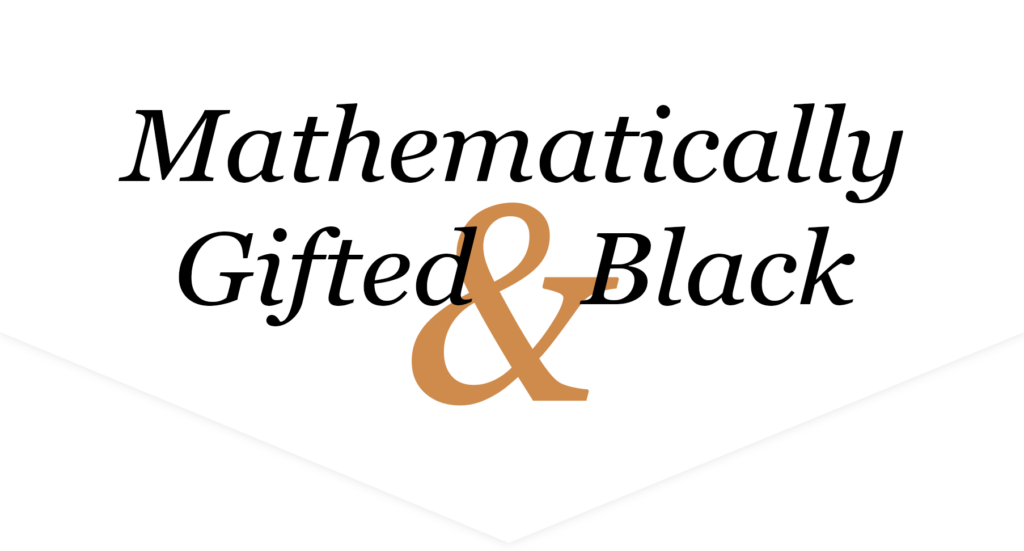
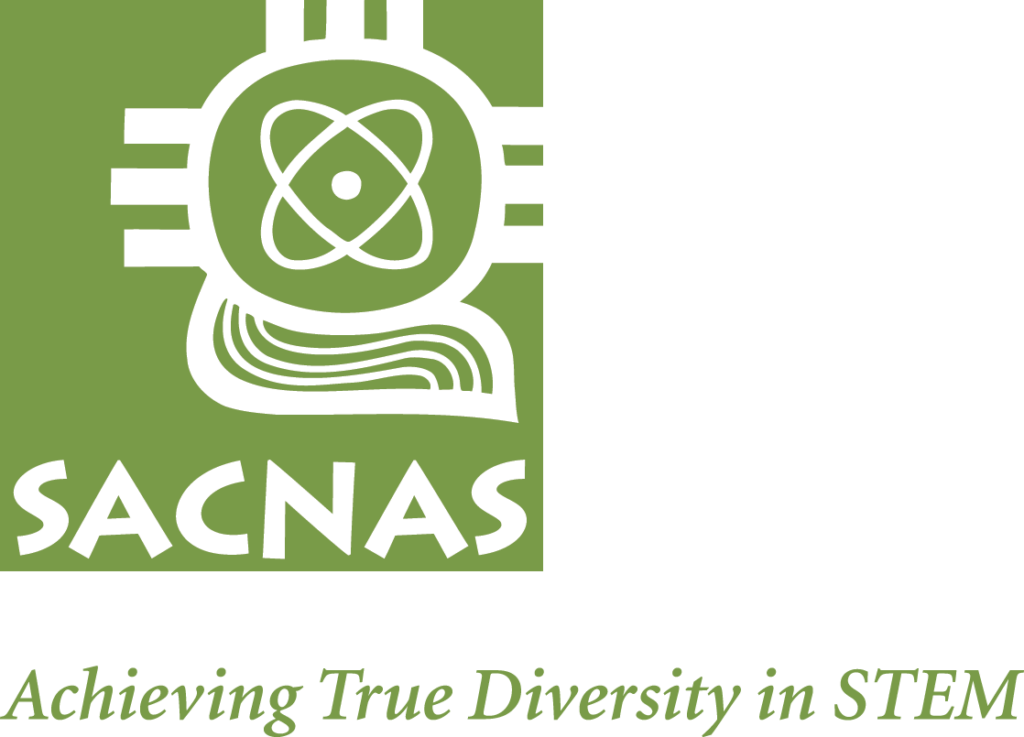
Society for Advancement of Chicanos/Hispanics and Native Americans in Science (SACNAS)
SACNAS is a professional society dedicated to furthering the success of Chicano/Hispanic and Native American students in obtaining advanced degrees, careers, leadership positions, and equality in STEM. SACNAS provides students and professionals the opportunities and resources to advance their education through chapters, conferences, programs, advocacy, webinars, and awards. In particular, they have leadership, professional, and Native American programs, and the SACNAS conference is the largest multidisciplinary and multicultural STEM diversity event in the country.
National Association of Mathematicians, Inc. (NAM)
NAM is a professional organization that promotes excellence in the mathematical sciences for African-Americans and other underrepresented minorities, especially for those who are at historically black colleges and universities (HBCUs) and minority serving institutions. Two of NAM’s signature programs are it’s Undergraduate MATHFest and Faculty Conference on Research and Teaching Excellence. NAM also acts as an advocacy organization for minorities in the mathematical sciences by having representatives at meetings and conferences and by holding events at major conferences, such as the Joint Mathematics Meeting and MAA MathFest. Events include invited lectures, panel discussions, award presentations, and more to increase the visibility of and provide support for African-American and minority members of the mathematical community.
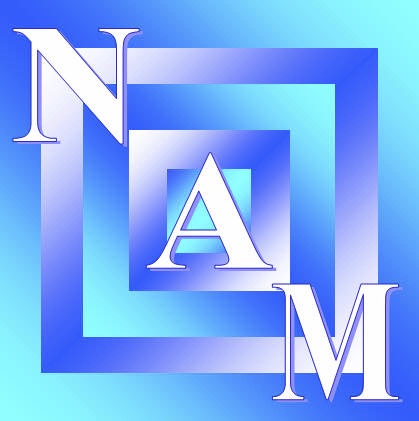
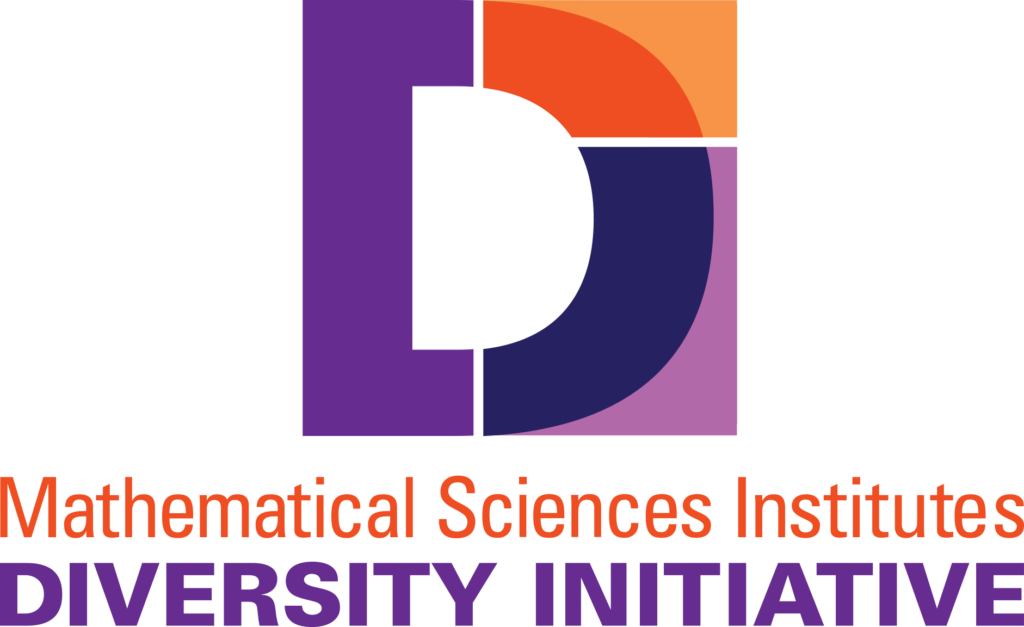
Mathematical Sciences Institutes Diversity Initiative (MSIDI)
The NSF Mathematical Institutes are comprised of eight institutes across the United States which aim to advance research in the mathematical sciences, increase the impact of the mathematical sciences in other disciplines, and expand the talent base engaged in mathematical research in the United States. The Mathematical Sciences Institutes Diversity Initiative (MSIDI) is a collaboration of the math institutes to increase the participation of underrepresented groups in the mathematical sciences. The MSIDI funds and sponsors five diversity conferences and workshops and has a diversity committee which works with other organizations to address underrepresentation in the mathematical sciences.
Conference for African American Researchers in the Mathematical Sciences (CAARMS)
CAARMS is an organization devoted to addressing critical issues involving African-American researchers and graduate students in the mathematical sciences. The organization hosts an annual conference which includes invited speakers, tutorials, and graduate student poster sessions. The conference spotlights the accomplishments of mathematicians from underrepresented minority backgrounds.
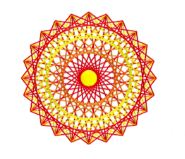
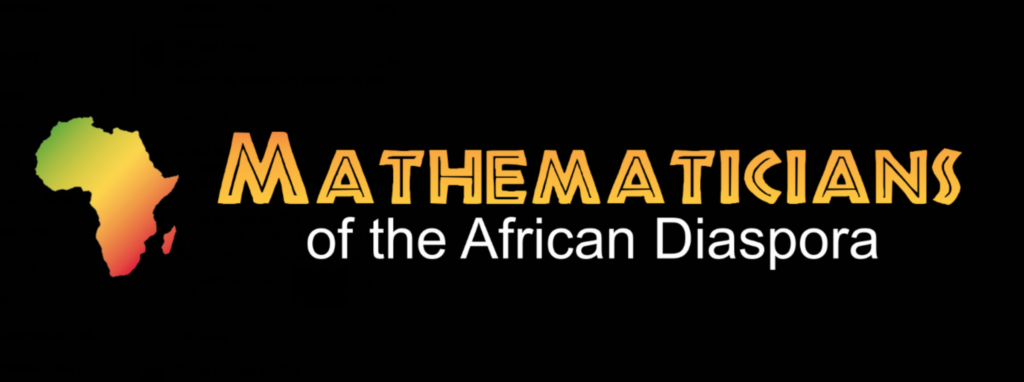
Mathematicians of the African Diaspora
In 1997, Scott Williams created the website “Mathematicians of the African Diaspora.” The “MAD Pages,” a compilation of more than 1,000 pages featuring over 700 biographies, documents the lives of African American mathematicians, computer scientists, and physicists. It has seen more than 20 million visitors since its creation. After Williams retired in 2008, a team of Black mathematicians formed to continue his legacy by updating the site. Edray Goins (Pomona College), Don King (Northeastern University), Asamoah Nkwanta (Morgan State), and John Weaver (Varsity Software) have shouldered this responsibility.
The Enhancing Diversity in Graduate Education Program (EDGE)
The Edge Program aims to strengthen the ability of women students to successfully complete PhD programs in the mathematical sciences and place more women in visible leadership roles in the mathematics community. The EDGE Summer Session is for women entering PhD programs and especially encourages the participation of women from underrepresented minority groups. The Karen EDGE Fellowships are available to mid-career mathematicians who are underrepresented minorities.


Tapia Center for Excellence and Equity in Education
The Tapia Center is directed by Professor Richard A. Tapia at Rice University and leads programs that are designed to increase the number of underrepresented minorities obtaining graduate degrees in STEM and enhance the preparation of underrepresented minorities for faculty positions in academia. The Tapia Center holds summer camps for K-12 students and educators and has developed a Rice Graduate Education for Minorities (RGEM) model based on the success of the NSF funded Alliances for Graduate Education in the Professoriate (AGEP) programs.
MEET a Mathematician is a collection of video interviews with mathematicians. The mission of Meet a Mathematician is to share stories of mathematicians from different backgrounds, especially from underrepresented groups, with the aim of introducing students to role models and fostering a sense of community.
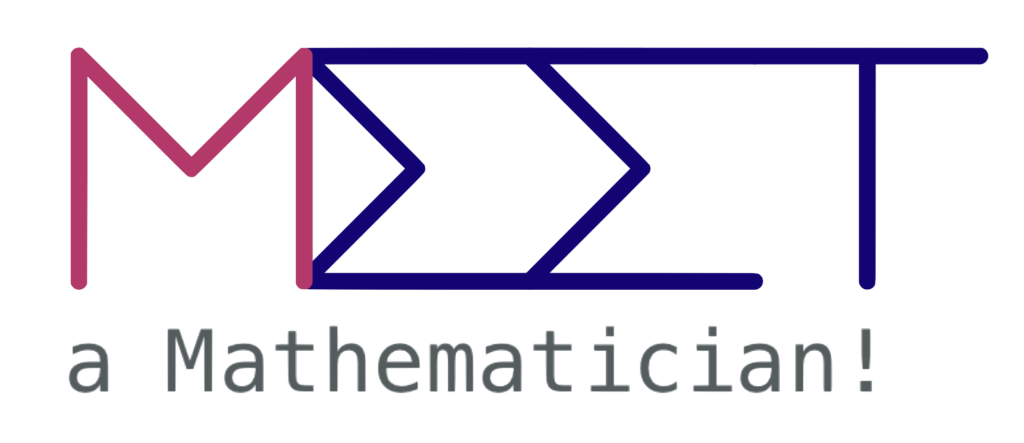
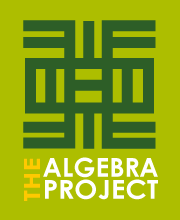
The Algebra Project Inc.
The Algebra Project is a national mathematics literacy effort for helping low-income and minority students to achieve mathematical skills required for a college preparatory mathematical classes in high school. The Algebra Project develops curriculum, trains educators, and provides professional development and community activities for schools working towards systemic change in mathematical education.
The Young People’s Project (YPP)
The YPP aims to train, employ, and support high school students to become Math Literacy Workers (MLWs) over the next 10 years. MLWs are high school and college students who teach math-based activities to younger children in their neighborhoods and communities. MLWs aim to improve academic outcomes for elementary school students, determine and pursue their own paths to success that includes college education, and acts to remove institutional and systemic barriers.
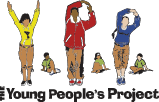
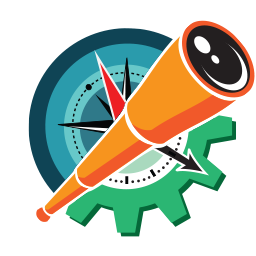
Benjamin Banneker Association (BBA)
The BBA is a national organization dedicated to mathematics education advocacy, establishing a presence for leadership, and professional development to support teachers in providing equal opportunity in learning mathematics for African-American students. The BBA’s activities include publication, webinars, instructional resources, and grants and scholarships for mathematics educators.
Sustainable Horizons Institute is a non-profit organization located in Riverside County. Our mission is to provide enriching opportunities to students and faculty of underrepresented groups (i.e., women, racial and ethnic minorities, first-generation students, people with disabilities, etc.) in STEM/Computational Science and Engineering and advocate for diversity and inclusion. We offer programs such as Broader Engagement (BE) and Sustainable Research Pathways (SRP) that provide students and faculty with exciting professional development and research-related opportunities. Participants are able to become a part and feel welcome to the STEM/CSE community through workshops, mentorship opportunities, and the development of profound knowledge and skills.
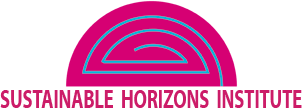
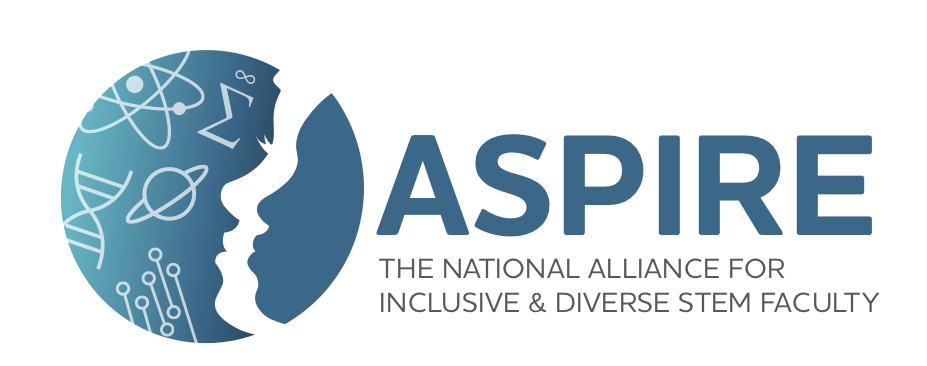
National Alliance for Inclusive & Diverse STEM Faculty (ASPIRE)
ASPIRE seeks to develop inclusive and diverse STEM faculty across the nation by aligning and reinforcing professional development, hiring, and retention practices of STEM faculty at institutional, regional, and national levels. They actively research methods of deepening faculty practice, implementation of inclusive teaching and mentoring, and ways to cause institutional change. ASPIRE’s initiatives include hosting workshops, organizing regional networks, and supporting the growth of minority leaders, among others.
Society for Industrial and Applied Mathematics (SIAM)
SIAM is a professional society of 14,500+ individual, academic, and corporate members from more than 85 countries. SIAM fosters the development of applied mathematical and computational methodologies needed to solve real-world problems through publications, conferences, advocacy and communities like student chapters, geographic sections, and activity groups. SIAM’s Diversity Advisory Committee, reporting to the SIAM Vice President for Equity, Diversity, and Inclusion (EDI), oversees the Workshop Celebrating Diversity at SIAM Annual Meetings and works collaboratively on joint committees and with other organizations on issues related to EDI.
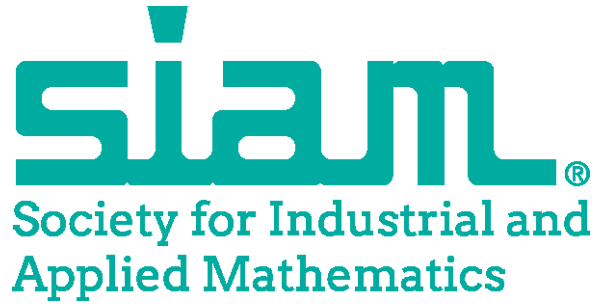
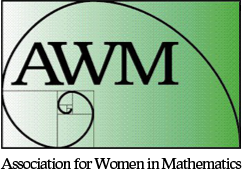
Association for Women in Mathematics (AWM)
The AWM is a professional society whose mission is to encourage women and girls to pursue careers in the mathematical sciences and to promote equal opportunity and treatment of women and girls in the mathematical sciences. The organization fosters research networks and mentoring programs, hosts and participates in meetings, hosts publications, and provides additional resources for all age groups. The AWM actively encourages the representation of underrepresented groups in all facets of the organization, including membership, awards, conference speakers, committee members, and leadership.
Mathematical Association of America (MAA)
The MAA is a professional society of mathematicians, students, and enthusiasts whose mission is to advance the understanding of mathematics and its impact on our world. The MAA’s activities include outreach, programs, meetings, competitions, publications, and more. They advocate for inclusivity and diversity in the mathematical sciences and provide resources for minority faculty and students. For example, they award Tensor-SUMMA Grants: Strengthening Underrepresented Minority Mathematics Achievement, and they support the National Research Experience for Undergraduates Program (NREUP).

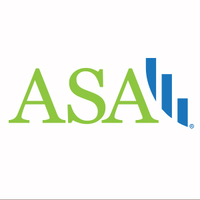
American Statistical Association (ASA)
The ASA is a professional organization for statisticians and professionals to support excellence in the development, application, and dissemination of statistical sciences through meetings, publications, education, accreditation, and advocacy. ASA has a Committee on Minorities in Statistics to foster participation in statistics and data science by members of the minority groups. Their core programs include a Diversity Mentoring Program, StatFest, heritage month celebrations, and Joint Statistical Meetings Diversity and Inclusion Sessions.
American Mathematical Society (AMS)
The AMS is a professional association dedicated to advancing research and scholarship in the broad mathematical community through publication, meetings, advocacy, and awareness programs. The AMS provides and supports many programs and organizations for members of underrepresented groups in mathematics. They host an Inclusion/exclusion blog and an e-mentoring network which connects students to mentors, just to name a few.

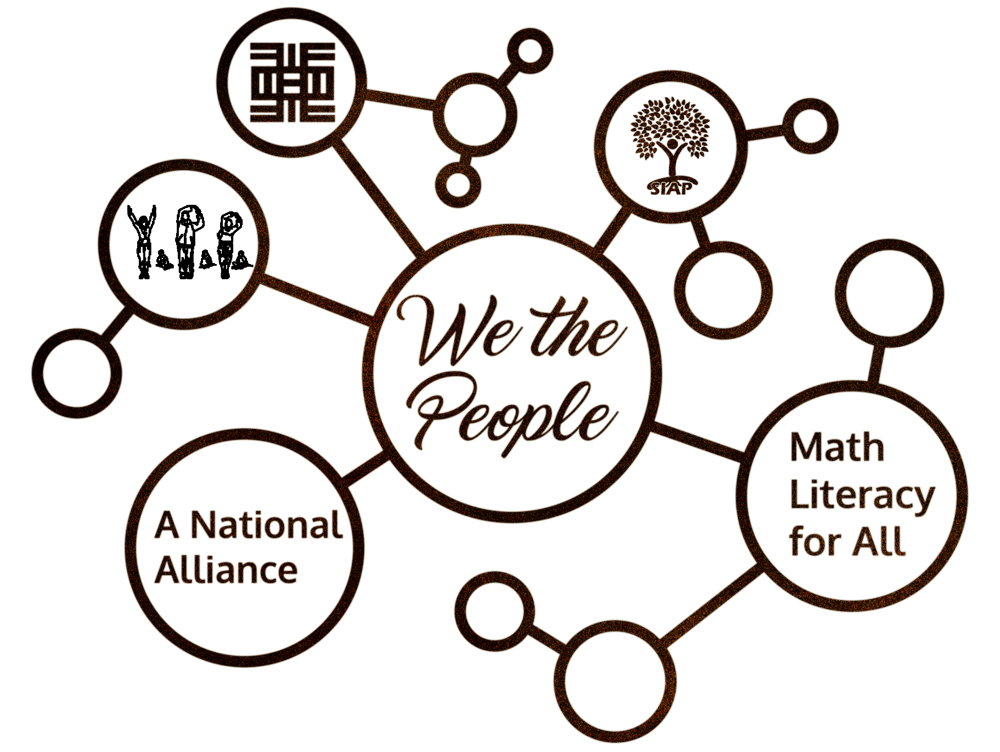
We the People – Math Literacy for All Alliance
The “We the People” National Alliance is dedicated to uniting schools and organizations fighting for equity and excellence in mathematics education and seeks to provide public school education for all students, with an emphasis on students performing in the bottom quartile on standardized mathematics exams. They have created a space for students, educators, school leaders, and community members to share their voices and to share resources.
INFORMS
INFORMS is the largest association for the decision and data sciences, representing thousands of professionals and students from around the world who leverage and innovate the science and technology of decision making to save lives, save money, and solve problems. They offer a Diversity, Equity, and Inclusion (DEI) Ambassadors Program, providing a platform for their 11,000 members to engage in DEI initiatives in a variety of areas including workplace practices, teaching, and research, and leveraging their capacities as individuals (practitioners, researchers, educators, students, and staff) to contribute to improving diversity, equity, and inclusion among the broader INFORMS community.

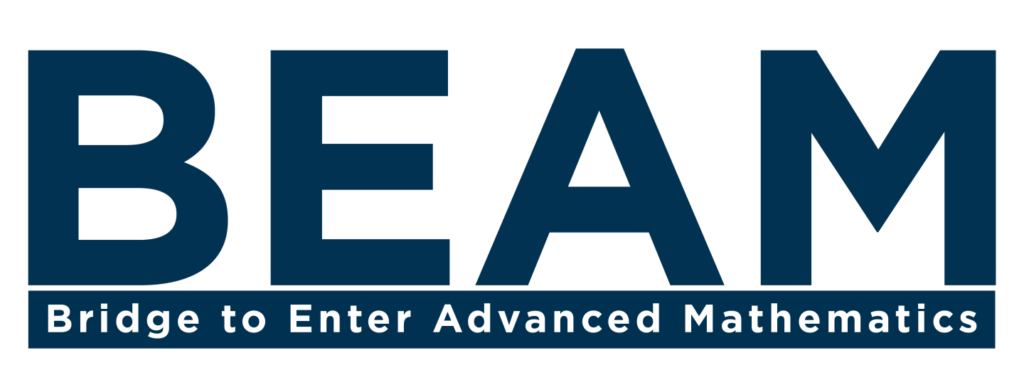
Bridge to Enter Advanced Mathematics
The mission of Bridge to Enter Advanced Mathematics (BEAM) is to create pathways for underserved students to become scientists, mathematicians, engineers, and computer scientists. BEAM aims to serve students who are historically marginalized in STEM. This includes students who are Black, Latinx, Indigenous; female, and nonbinary, and trans students; students from low-income families; first-generation college goers; and those not already tapped into academic enrichment. BEAM designs classrooms where students of all identities, but especially these identities, can thrive.
